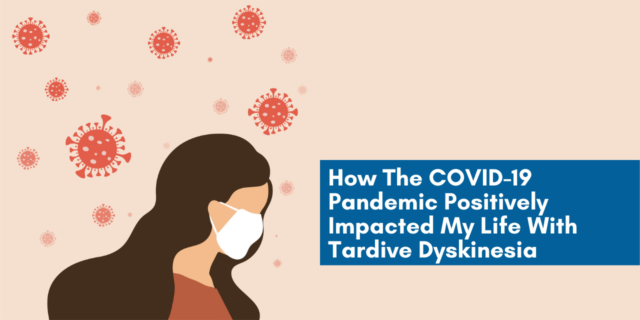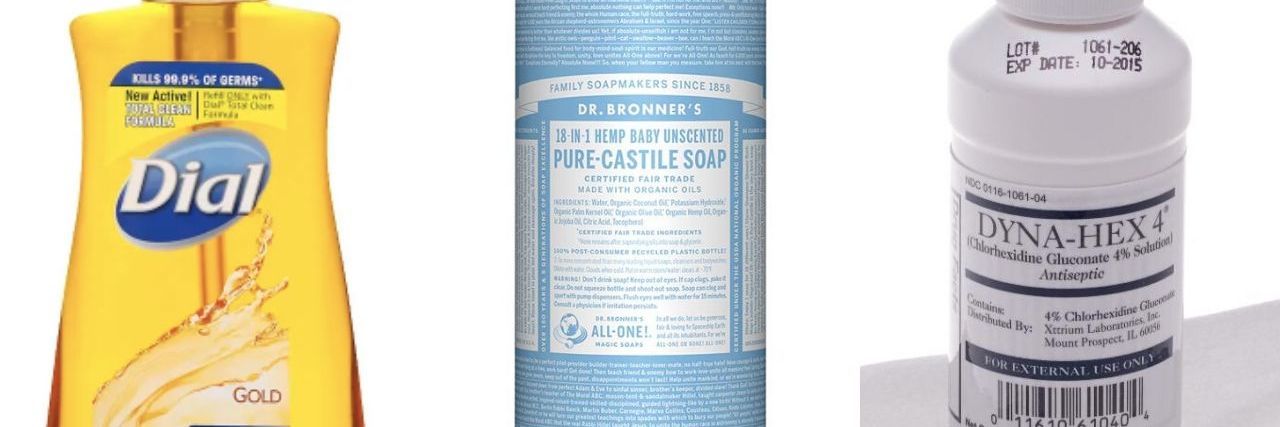I'm new here!
Hi, my name is tmoore. I'm here because
#MightyTogether #Anxiety #Depression #Migraine #PTSD #ADHD #RheumatoidArthritis #OCD I have struggled with the majority since elementary and aware of my challenges with others occasionally noticing through my life if they became close. I have not really minded being alone except for the last 6-5 years and after 2 not at fault auto accidents i suffered head traumas with onset seizures and pain from back and neck injuries. I a pretty good ability to set goals and achieve. Covid was difficult as i had not thought of a pandemic affecting my life or cause me to look at my life. I was forced to file SSDI. I can never return to work in any of the 3 areas previously. I still am working through accepting my limitations.. However the most difficult aspect is I have had my "next chapter" developing since I was 14and i have believed so much in that when time had come to slow things down I would move into that chapter of a less congested, slower pace, safer, peaceful lifw where i could still care for my self and enjoy all that i have found enjoyable and fulfilling. Some have claimed therapeutic.
That is on a homestead, working towards helping my community by supplementing in food source, making medicinal remedies for under privileged, and hellping individuals who may want to learn or help in protecting occasionally for transitioning (as a resource Not as running a program) and a i thought to maybe a alternative provider for youth for community service but not like programs of sitting in a room, or cleaning city site but to come and put energy to use in hand tools, bee keeping, or at their own pace throwing mud on a wheel.. I am aware there aee negative to all but...I have not felt any other direction to more valuable, rewarding and worthwhile to do for me.
i never knew how hard it would be, just to survive and your dream the source to sustain. And now iI see if this my challenge, I cant be alone. It's difficult using your voice when you have not been heard and less significant. There needs to be change is many things and Idont have the resources but im willing to use my voice for others. So im here to attain resources, tips, ideas of managing my diagnosis and tips and ideas that will better my days









